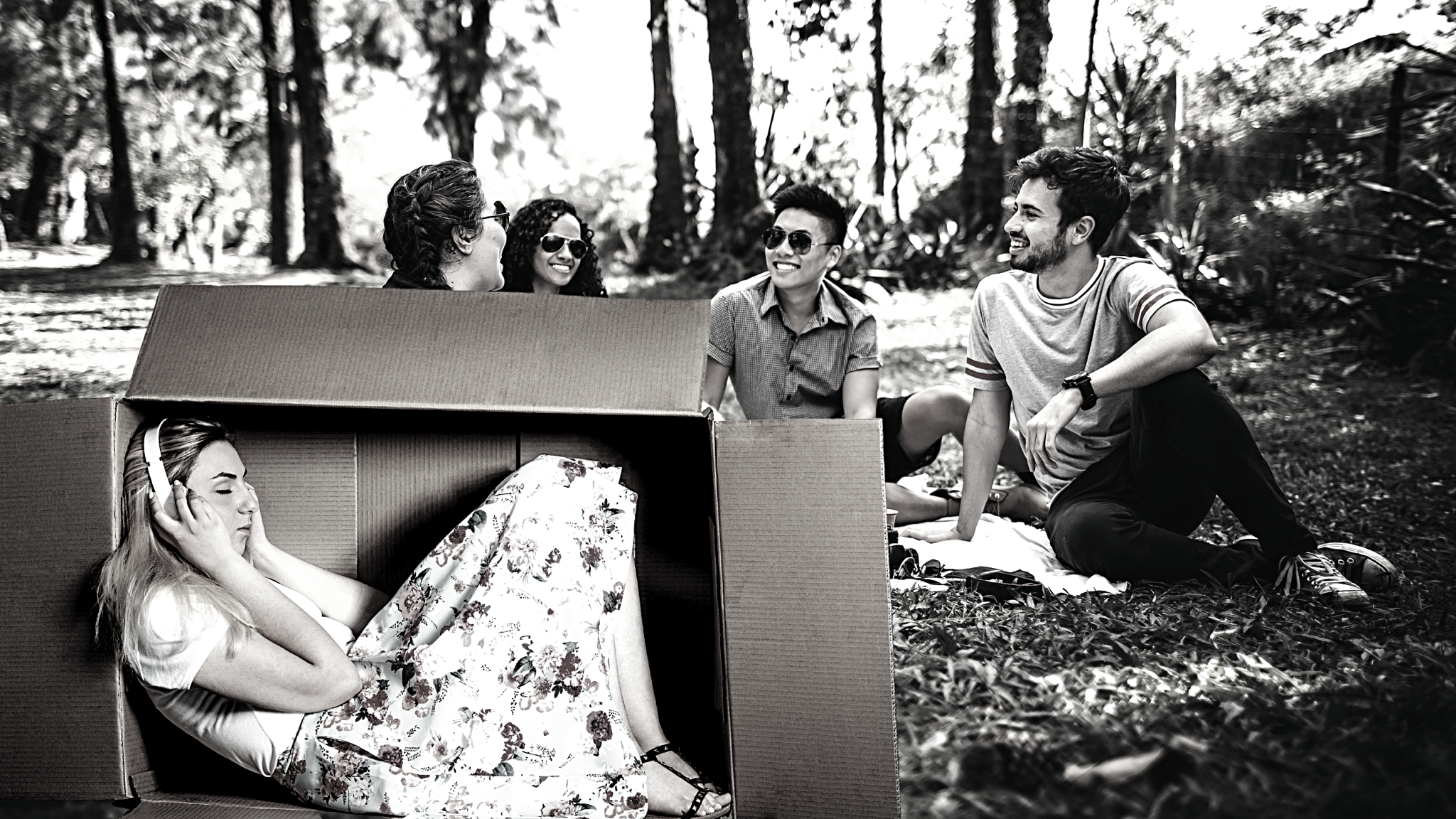
Vol. 26: The Introvert's Guide to Friendship
Friendship is one of the most critical relationships in our lives; buddy bonds provide an essential source of social support. In addition, a strong network of friends can help cushion stress, loneliness, anxiety, and other potential mental health problems.
Research shows that people with close friendships are more likely to experience positive emotions and live with greater satisfaction. So even one solid homie can do wonders for your mental health!
But here's the kicker: Making friends –– much less nurturing friendships –– can feel impossible for an introvert. I know firsthand!
And, it's even more daunting, albeit necessary, if you're the kind of hermit battling addiction or raising children.
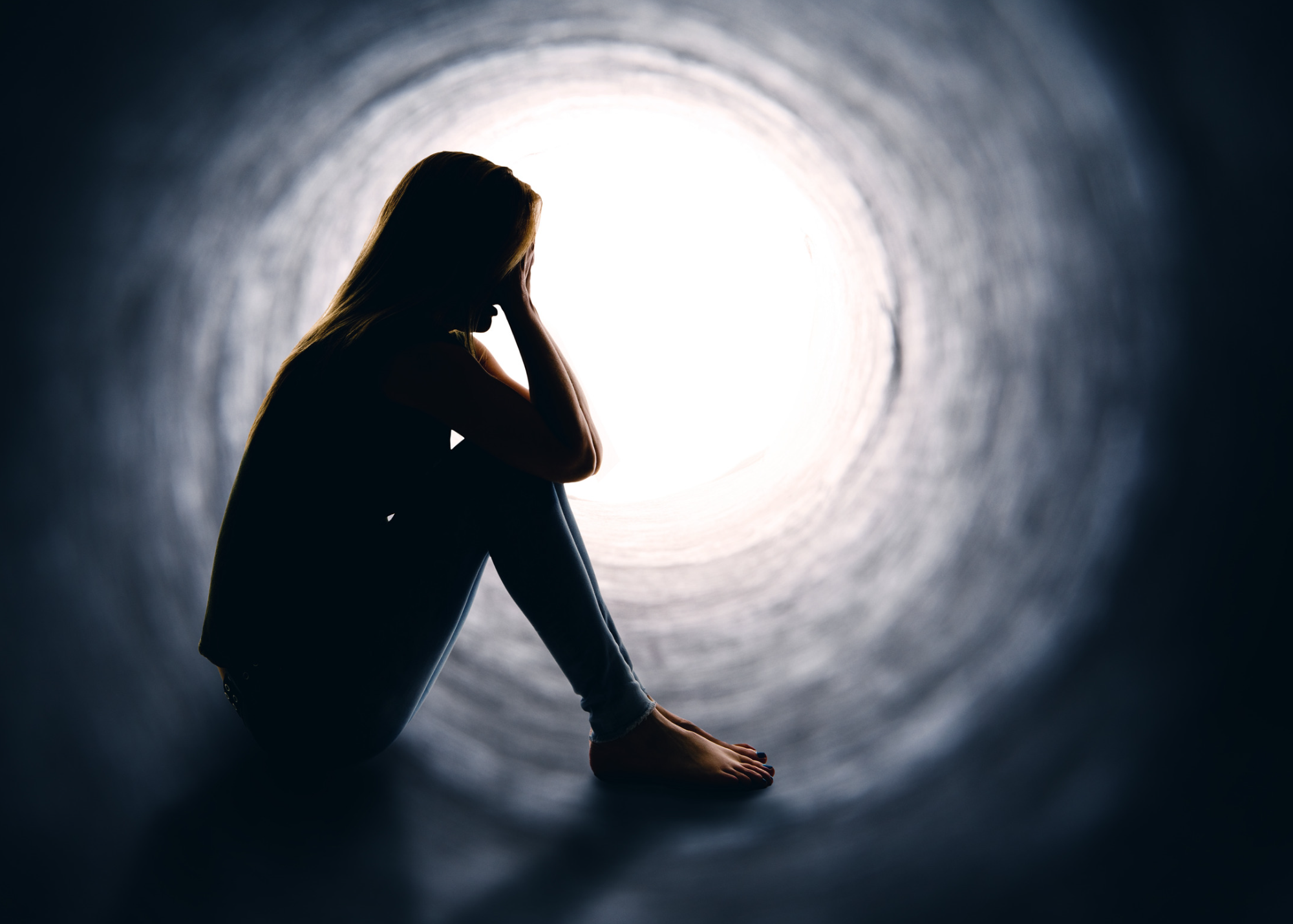
During the height of the COVID-19 pandemic, we were told to isolate –– social distance; a minimum of six feet!
No social gatherings.
No hugs.
No shoulders to lean on.
No contact.
For those of us already well-acquainted with the life of a loner, the new normal was old hat!
But for the remaining populace, this change meant adjusting to life without playdates, dinner parties, and girls' nights out. As a result, people's mental health suffered greatly. Lucky for me, my mental health has significantly suffered for decades now.
Oh, just kidding, I'm fine. Everything is fine. Please don't ask me to join you for any anticipated event, though, because the idea of paling around with you will excite me, and I'll RSVP, but then I'll cancel on you at the last minute –– it's not you, it's me, but for real.
Friendship & Mental Health
I can't say with absolute certainty whether my mental illnesses spawned the alcoholism or if it was the other way around. But I know this: I am happier when I'm not alone to ruminate –– just me and my racing thoughts. I'm content there for a while, but it's no place to set up shop permanently. After all, I alone cannot power myself to full charge; I need synergy for that.
Sure, the ability to sit quietly with oneself for a while, depleted of any public input, is a true gift. However, isolating in such a manner for most of one's waking hours is quite dangerous. Simply put, human beings need others to reflect –– like a mirror image –– their character defects and strong suits. It's the only way to gain an unbiased perspective of one's efforts.
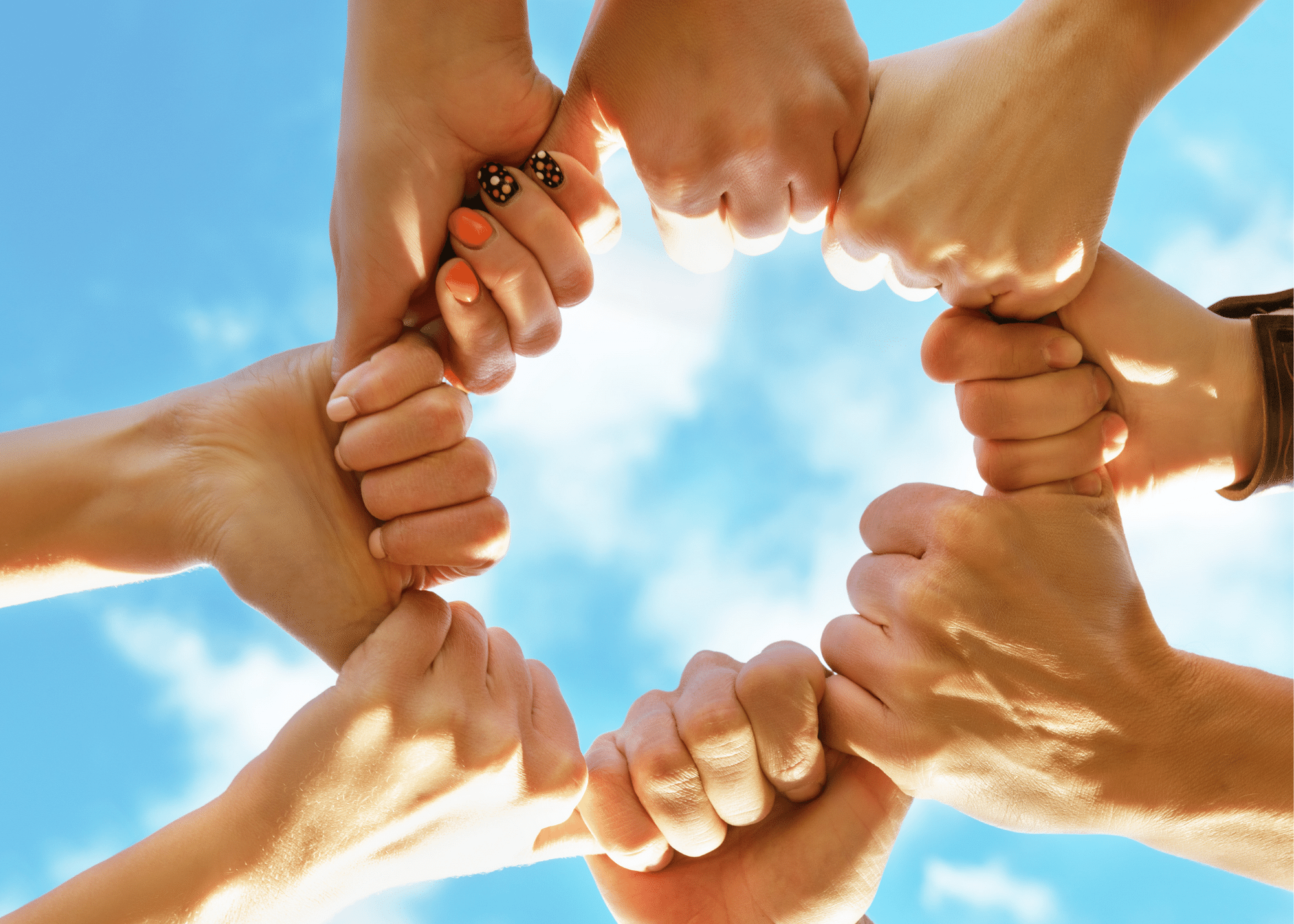
Research shows that people need between three to five close friends to achieve optimal life satisfaction. However, having more intimate friendships than that can become hard to balance.
"We don't generally have sufficient time or emotional energy to sustain more than five close friendships at any given time," says Lauren Napolitano, a licensed psychologist practicing in Philadelphia.
Experts agree that even the loose-knit connections we have with the friends we're not as vulnerable with can be just as valuable, significantly, as our social needs grow and change over time.
On behalf of introverts everywhere: Hallelujah!
Friendship & Addiction
If you're in recovery, the time may come when you feel an irresistible craving for your drug of choice and wonder if it is worth it to continue fighting the good fight. Having a confidante can be beneficial in times like these. While you may feel you cannot persist, friends can help you refocus on your goals and remind you of how far you've come.
It's hell recovering from substance abuse disorder alone; a strong support group is invaluable, especially for someone like me who spent years isolating with drugs and alcohol, a literal closet drinker.
Making sober friends is complex, depending on the types of friends you had before starting recovery. Many of us in recovery previously found friends in dangerous settings. And, if we're being honest, were those really our friends?

12-step meetings are a great place to find trustworthy allies; doing so may require a steep crawl out of your comfort zone, but it's worth it.
In my experience, recovery group meeting members are the most welcoming folks I've had the pleasure of meeting in my lifetime. Unfortunately, I still don't call any of them regularly to check in like I ought to, but I know I can, and they will pick up.
Friendship & Kids
Frequently overlooked as a positive developmental influence are early-childhood friendships. We don't always realize how attached young children are to their mates.
My son won the next-door neighbor lottery when we moved into our house; she's the same age and so stylish and whipsmart that I secretly hope they grow old together. Their relationship is already reminiscent of a couple nearing their Golden Anniversary, and I mean this favorably –– they hold each other accountable and don't hold back.
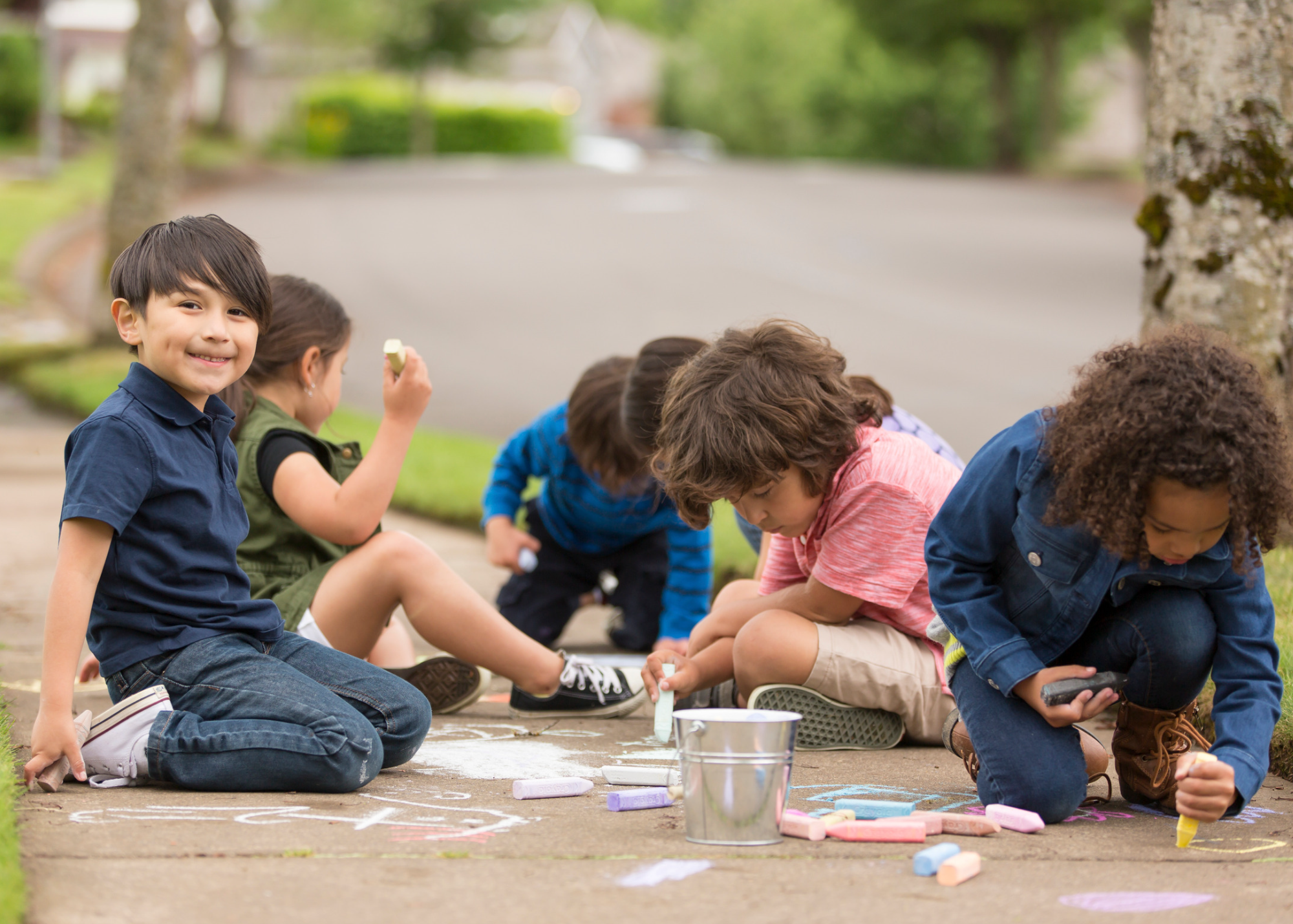
Friendship is paramount to children's holistic wellness. As is the role-playing children often do when congregating for play. In addition, supportive and substantial childhood friendships link to positive developmental outcomes and mental health, both concurrently and in the long term.
Close friendships during grade school tend to act as buffers against the harmful effects of adverse experiences, such as peer victimization and internalizing behaviors.
Don't get me wrong, making friends in high school has got to be a downright drag –– I couldn't know for sure; I dropped out just shy of ninth grade –– but, let's face it: teendom is scary. So why not let's try to raise some decent next-gen sophomores out of these early readers, shall we!?
It's never too soon to instill the significance of genuine friendship in our kids. Despite social awkwardness, unkempt hair, or hormonal adult acne, moms and dads must model these extrafamilial bonds for our children and facilitate a safe space for their friendships to grow.
Make the playdate! (Also, keep the playdate.)
Go to all three birthday parties in the same week!
Join the PTA! (I probably won't, but you should.)
All Friendships Are Not Created Equal
Aristotle writes that there are three different kinds of friendship:
# 1.) Friendships based on utility, in which one or both parties gain something as a result of the friendship (think: much of the modern "networking" enterprise, or becoming friends with someone because you believe they can help you).
# 2.) Friendships based on pleasure or those centered around pleasant experiences (think: people with whom you can have a good, carefree time).
# 3.) Friendships based on virtue, in which both individuals share the same values (think: people whom you admire and respect and with whom you align on what you find most important in life).

I had a best friend from about as far back as I can remember until I hit ten or eleven years old and began desperately toppling headfirst into an identity crisis that lasted twenty-five years. During this, I had only acquaintances –– some I loved, others I liked, but all of which were fairweather.
When I did manage to get close to someone I vibed with, a primordial fear of abandonment which I couldn't understand at the time would take me over. Without comprehending the consequence of my actions, I'd trample the budding of meaningful connection at the sight of bloom because I only felt safe doing things on my terms.
Nowadays, we have multiple digital devices that supposedly connect us but leave many of us, myself included, feeling detached. Yes, Zoom calls, group texts, and slipping into someone's DMs can be satisfying and worthwhile, but nothing can replace camaraderie within proximity.
It irks me that often I catch myself saying, "Oh yes, Santorini! My friend vacationed there recently," about someone I haven’t hung out with in fifteen years, whose photos I saw on social media.
At the end of the day, there's something unique and irreplaceable about being physically present with another human being. And no, there's not — and I can't imagine there ever will be — an app for that.
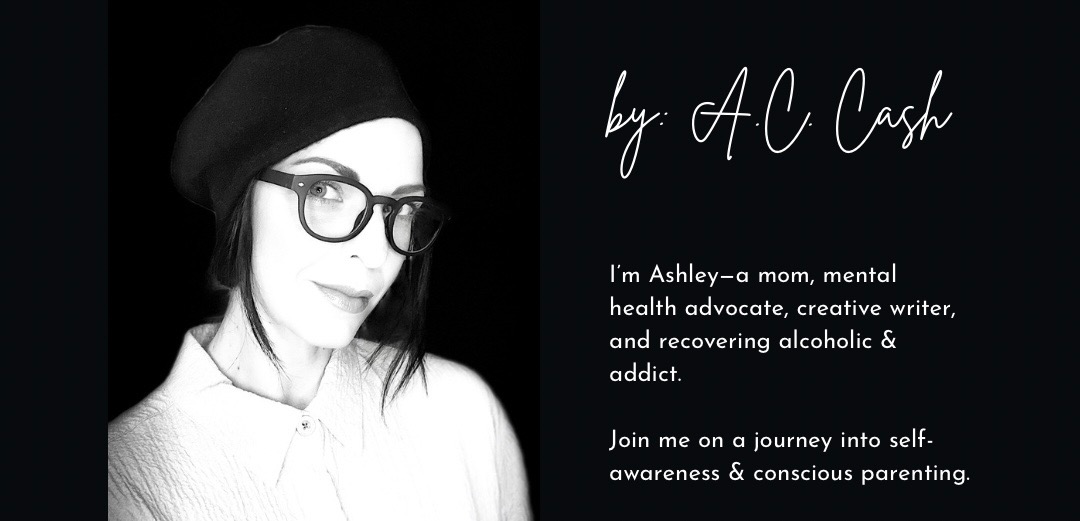
0 Comments Add a Comment?